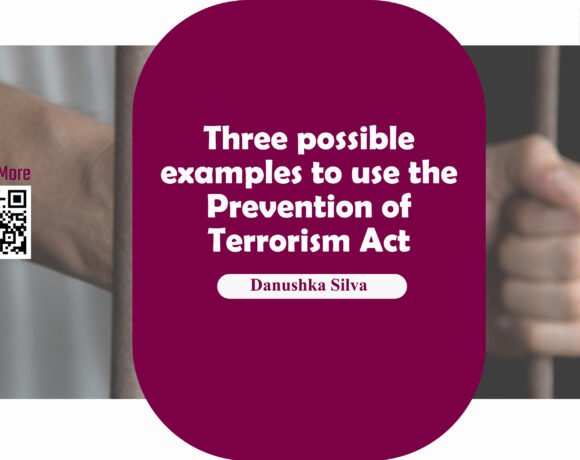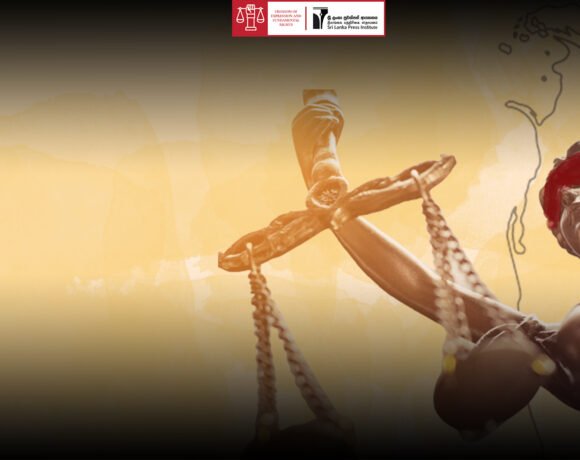Natalie Soysa
It is a mistaken idea to assume that Sri Lanka offers a free public healthcare system. While people who are in need of such services don’t have to make immediate payments for surgeries, clinic visits, hospital stays and medication at state-run facilities, the reality is that citizens have already paid for these services by way of taxes imposed on their incomes and when purchasing goods and services in the country. Essentially, what needs to be taken into account here is that Sri Lanka’s healthcare system is a public-funded one.
Let’s also visit the wider definition of the term ‘Healthcare’. In a 2012 article by Dr Robert Sewell, he defines healthcare as “a personal service provided by one human being to another, and since ancient times the provider of the service has been called “physician” and the recipient simply “patient”. It alludes to the idea that the being personal and caring are of utmost importance to the definition; if not, we’d simply call it health services or medical facilities instead of healthcare.
The reason a patient needs care – over and above others – is because being ill leaves you vulnerable, both physically and mentally. When you’re not operating at the full level of your faculties, it tends to bring you down. This sense of vulnerability becomes further exacerbated when the illnesses are long-term like in the case of HIV, Cancer and Diabetes. People spending many years of their lives battling a life-threatening condition means the care factor needs to be equally dedicated and long-lasting. This kind of care is usually distributed between relatives/loved ones at home and healthcare providers in the hospital.
In a context where the unpaid care economy is not factored into the economic indicators of our country or even given a value by the state, the care provided at home is assumed as given. We often expect women in the household to carry out such duties anyway. Do we, in the same way, assume that doctors, nurses, attendants and other in the healthcare sector provide care along with their other designated duties within our public healthcare system? The answer is no.
Patients who engage with public healthcare on a regular basis become accustomed to being treated badly while being given top-notch diagnoses, treatments and medication. A cancer patient registered at the Apeksha Cancer Hospital, for instance, engages with several people in the system. If they are scheduled for chemotherapy treatments, they would spend a considerable amount of time getting blood tests, visiting their chemo clinic, receiving chemotherapy treatments and waiting for long periods to be called in between these areas.
On an estimated average, cancer patients come to the hospital in the early hours of the morning on a clinic day and don’t leave until much later that afternoon. At these various points, they engage with security guards, attendants, nurses and doctors. These engagements are often curt and sometimes downright rude. In a system that’s packed with patients and understaffed, there is very little room for kindness or spending adequate time with a patient before moving onto another. Patients who ask questions from their doctors are snapped at because the doctor would rather move on to the next patient as fast as they can. Nurses and attendants herd patients around like cattle and shout and those who don’t hear their names being called when it’s their turn to be treated. In fact, walking into any state-owned hospital in the country will make you witness the constant shouting at and herding of patients as if they were no different to farm animals. Not only does the healthcare system lack care, it also impacts the dignity of the patient.
It begs the question of what the motivation behind this kind of borderline cruelty is. Are healthcare providers so overwhelmed with patients that there is no time for care? Have they seen too many patients pass away that caring for a new patient becomes too much of an investment? Or are people who work in healthcare merely on power trips, picking on the weak in a system that should have been designed to uplift them? Maybe we should be asking these questions instead of passively accepting these abuses at the hands of healthcare providers.
At a time like the present pandemic when health workers are much in need, asking these questions is of utmost importance. It should also be noted that these questions don’t attempt to deny the hard work put in by health workers currently working at great risk to their own lives to help curb the pandemic in Sri Lanka. The benefit of having healthcare services at all in a country like Sri Lanka provides millions of citizens’ access to free medicine, doctors and hospitals. The actual attempt here is to question the reasons behind the lack of actual care when delivering these invaluable services to the public. If the system is not built around an integrated approach to providing holistic care of the mind and body, then it can be argued that we are failing.
Traditional local practices like Ayurveda often get ignored in favour of Western Medicine, but local medicinal philosophies might prove to be helpful when searching for solutions in this regard. Ayurveda believes in treating the whole person instead of a specific illness, ensuring that a patient’s emotional wellbeing is also cared for along with the physical illness. In order to take such learnings into national healthcare, it is import that questions are not only be asked by the public but also at a policy level. To reimagine healthcare, however, the state must first find an adequate reason to dismantle things as they are. This can only happen by way of public pressure. It is not merely a matter of allocating sufficient funds when we require systemic rules in place to ensure that patients in Sri Lanka get all the best care possible.















